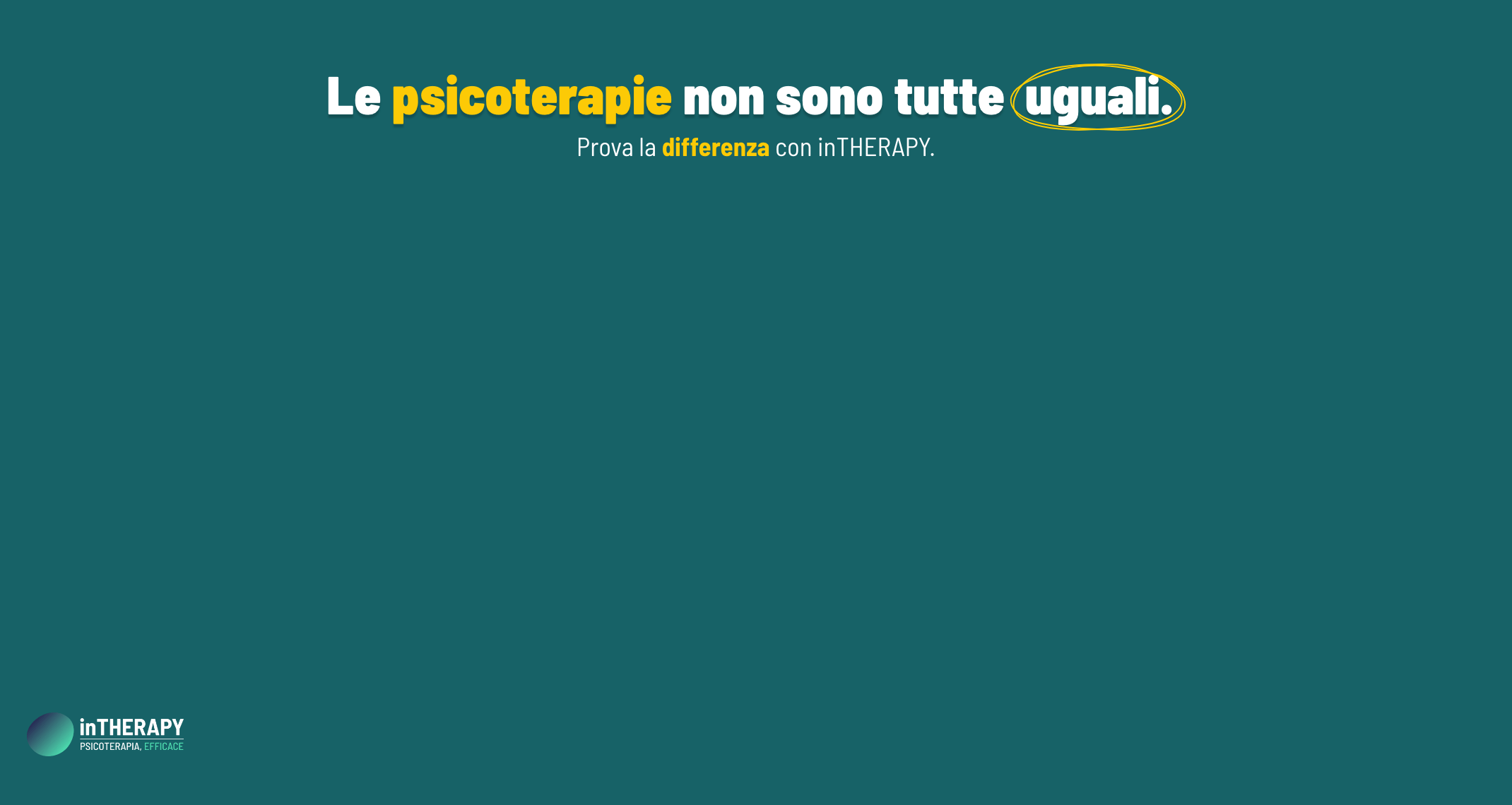– Rassegna Stampa / Academic Papers –
Segnaliamo la pubblicazione di questo articolo:
Desire Thinking across the Continuum of Drinking Behaviour
Autori:
Gabriele Casellia, c, Marta Ferlae, Clarice Mezzalunad, Francesco Rovettoe, Marcantonio M. Spadaa, b
aLondon South Bank University and
bNorth East London NHS Foundation Trust, London, UK; ‘Studi Cognitivi’, Cognitive Psychotherapy School,
cMilan and
dSan Benedetto del Tronto, and
eUniversity of Pavia, Pavia, Italy
DOI: 10.1159/000333601
ABSTRACT:
Objective: Desire thinking is a voluntary cognitive process involving verbal and imaginary elaboration of a desired target. Recent research has highlighted the role of desire thinking in predicting addictive behaviours independent of other psychological constructs including negative affect and craving. The goal of this research project was to explore the role of desire thinking across the continuum of drinking behaviour.Methods: A sample of alcohol-dependent drinkers (n = 43), problem drinkers (n = 59), and social drinkers (n = 68) completed self-report instruments of desire thinking, negative affect, craving and drinking behaviour. Results: Analyses revealed that alcohol-dependent drinkers and problem drinkers scored higher than social drinkers on imaginal prefiguration, and that alcohol-dependent drinkers scored higher than problem drinkers who in turn scored higher than social drinkers on verbal perseveration. A multi-group discriminant analysis showed that craving, imaginal prefiguration and verbal perseveration loaded on a first function whilst age loaded on a second function. The variables correctly classified 75.9% of cases. Conclusions: The findings suggest that desire thinking may be a risk factor across the continuum of drinking behaviour and that treatment may benefit from specifically targeting this cognitive process.
ARTICOLI CONSIGLIATI:
- The role of metacognitive processes in desire thinking (Presentazione)
- Craving – Pensiero Desiderante – Definizione da Psicopedia


